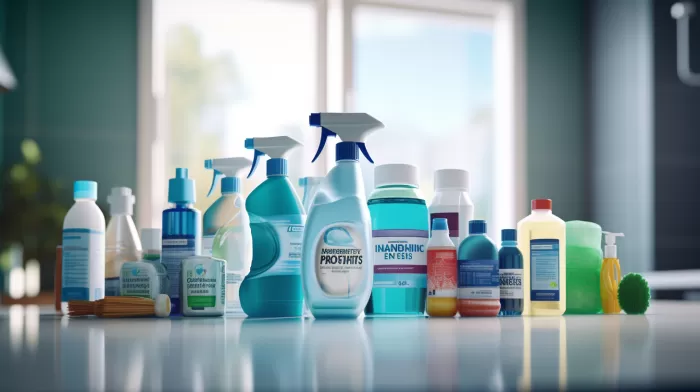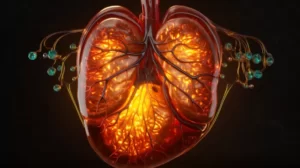Cleanliness is important, but have you ever wondered if you might be too clean for your own good? With so many antibacterial products on the market, it’s easy to believe that we’re doing the right thing by disinfecting and eliminating potentially harmful bacteria from our surroundings. But are these antibacterial agents causing more problems than they solve?
What Are Antibacterial Agents?
An antibacterial agent is a substance that interferes with the growth and reproduction of bacteria, according to Tufts University. Soaps, detergents, health and skincare products, and household cleaners are just a few examples of products that contain these agents. We use these products to stay clean and maintain good health by avoiding bacteria that can cause damage to our bodies.
Antibacterial Products: Not a Clear-Cut Solution
According to scientists at Lawrence Livermore National Laboratory, environmental exposure to triclocarban (TCC) – an antibacterial chemical found in personal care products like soaps and lotions – can transfer from a mother to her offspring and interfere with lipid metabolism. Lipids are naturally occurring molecules that include fats, fat-soluble vitamins, and triglycerides, among other things. Their main function is to store energy and serve as structural components of cell membranes. This study suggests that TCC found in common products can interfere with these important biological functions.
TCC consistently ranks among the top 10 most detected wastewater contaminants in terms of concentration and frequency. This research sheds light on how exposure to TCC can be passed on during development. “Early life exposure to TCC has the potential to cause irreversible outcomes due to the fragile nature of organ systems and protective mechanisms in developing offspring,” says LLNL biologist Heather Enright.
Making Peace with Bacteria
Disinfecting our homes and bodies may not always be the best solution. Bacteria come in many forms, and while some can be harmful, others can support vital bodily functions, such as digestion. The latest research indicates that beneficial bacteria in our digestive systems contribute to our health from the moment we’re born.
Factors related to gut microbiota in newborns and children, such as the environment and immune system development, can have life-long consequences. Gut microbiota plays a significant role in preventing allergies and other diseases later in life.
Helping Beneficial Bacteria Thrive
To help these good bacteria thrive, consider introducing a specific supplement blend for digestive support, offering both immediate relief from digestive discomfort and long-term benefits for digestive function, nutrient absorption, immunity, and antioxidant activity. Fermented vegetables, yogurts, and other probiotics can also help.
Traditional Chinese medicine and other ancient medical systems have long regarded healthy digestion as the key to good health and longevity. By maintaining balance with nature, we can avoid the overuse of antibacterial chemicals and their potentially harmful long-term consequences.
In conclusion, it’s crucial to remember that not all bacteria are harmful. By focusing on maintaining a healthy balance of beneficial bacteria in our bodies and avoiding the overuse of antibacterial products, we can lead healthier lives. Knowing when to clean and when to let nature take its course is essential for maintaining our health and the health of our offspring.



![8 Simple Rules to Refresh Your Body with a Healthy Cleanse [See Pictures]](https://naturalhealthreserve.com/wp-content/uploads/2024/01/8-rules-healthy-cleanse-slideshow-300x168.webp)